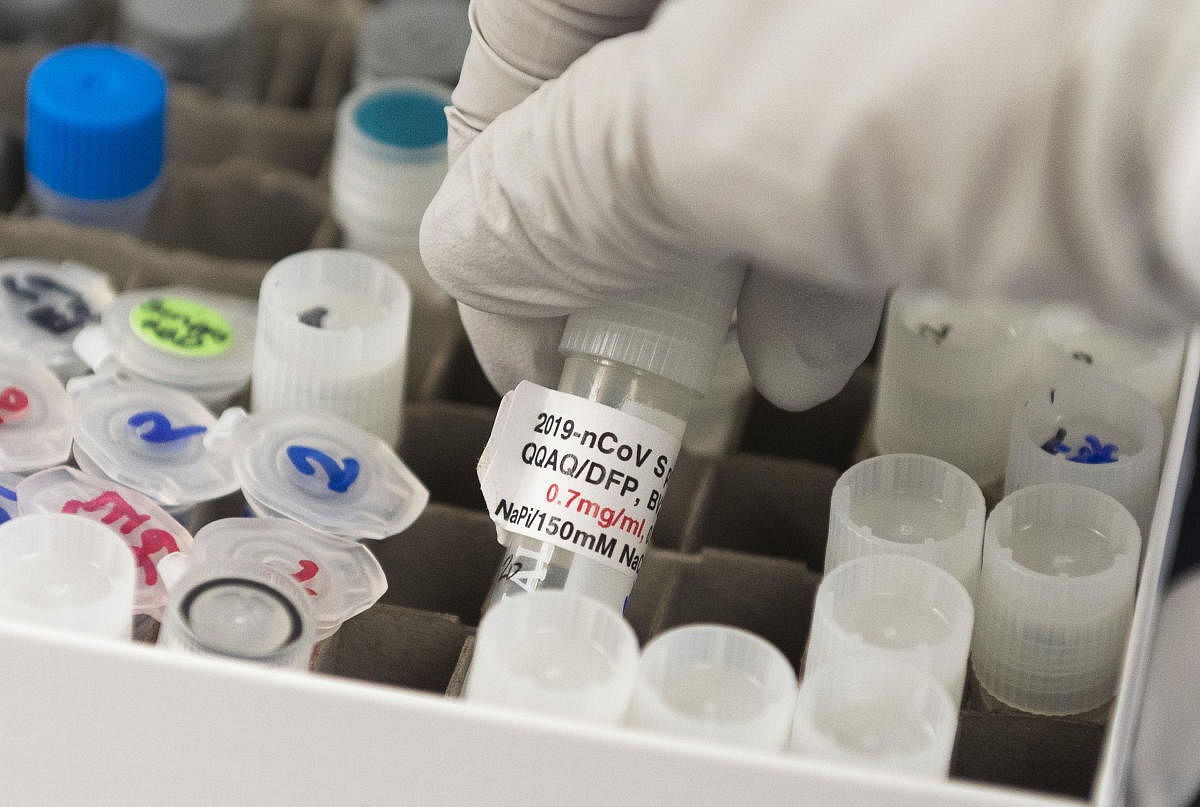A US biotechnology company announced on Tuesday the start of human trials in Australia of a vaccine for the coronarvirus with hopes of releasing a proven vaccine this year.
Novavax has begun the first phase of the trial in which 131 volunteers in the cities of Melbourne and Brisbane will test the safety of the vaccine and look for early signs of the vaccine's effectiveness, the company's research chief Dr. Gregory Glenn said.
“We are in parallel making doses, making vaccine in anticipation that we'll be able to show it's working and be able to start deploying it by the end of this year,” Glenn told a virtual press conference in Melbourne from Novavax' headquarters in Maryland.
About a dozen experimental vaccines are in early stages of testing or poised to start, mostly in China, the US and Europe. It's not clear that any of the candidates ultimately will prove safe and effective. But many work in different ways, and are made with different technologies, increasing the odds that at least one approach might succeed.
Most of the shots in the pipeline aim to train the immune system to recognize the “spike” protein that studs the coronavirus' outer surface, priming the body to react if it ever encountered the real infection. Some candidates are made using just the genetic code for that protein, and others use a harmless virus to deliver the protein-producing information. Still other vaccine candidates are more old-fashioned, made with the killed whole virus.
Novavax adds another new kind to that list, what's called a recombinant vaccine. Novavax used genetic engineering to grow harmless copies of the coronavirus spike protein in giant vats of insect cells in a laboratory. Scientists extracted and purified the protein, and packaged it into virus-sized nanoparticles.
“The way we make a vaccine is we never touch the virus,” Novavax told The Associated Press last month. But ultimately, “it looks just like a virus to the immune system.” It's the same process that Novavax used to create a nanoparticle flu vaccine that recently passed late-stage testing.
